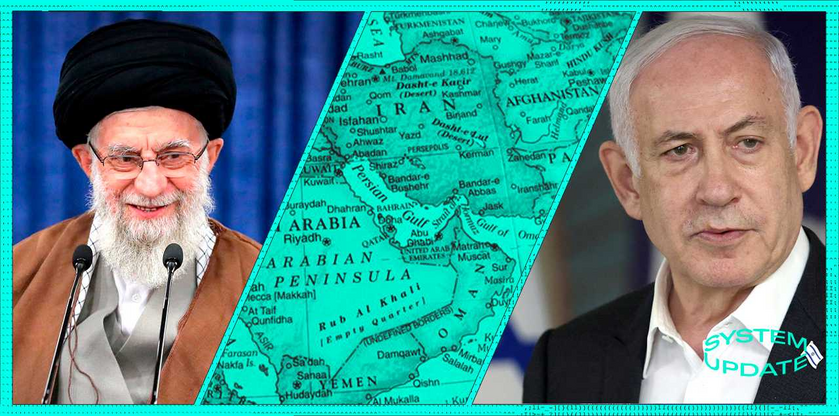The following is an abridged transcript of a segment from System Update’s most recent episode, lightly edited for clarity and readability. You can watch the full episode on Rumble or listen to it in podcast form on Apple, Spotify, or any other major podcast provider.
System Update is an independent show that is free to all viewers and listeners, but that wouldn’t be possible without our loyal supporters. To keep the show free for everyone, please consider joining our Locals, where we host our members-only aftershow, publish exclusive articles, release these transcripts, and so much more!
Our guest is Seyed Mohammed Marandi. He's a professor of English literature and Orientalism at the University of Tehran. He has become one of the leading voices inside Iran and he is generally regarded as a supporter of the country's general foreign policy orientation and his geopolitical interests. We talked to him about a wide range of issues, including Iranian internal politics, the stability of the Iranian government, its view of the U.S.-funded Israeli war in Gaza, Iran's view of the new Syrian government, whether it has become more militarily vulnerable over the last year or so, whether it seems as though there are major differences from the Iranian perspective between Biden and Trump, as well as the nature of Iranian-Saudi relations, which have changed for the better over the past several years.
Some people become very upset when you even talk to someone who has radically different views than the United States and the West, especially if they're deemed a supporter of one of the bad countries. For obvious reasons, the bad countries never include governments like Saudi Arabia and Egypt because they're close American allies, but most definitely do include Iran. Whatever your views on that, Professor Marandi is a scholarly and highly informed analyst, in general, and especially in that region. I found our discussion with him enlightening and provocative, and I believe you will too.
The interview: Prof. Seyed Mohammad Marandi
G. Greenwald: Professor Marandi, thank you so much for taking the time to talk to us, we're thrilled to have you.
Prof. Marandi: Thank you very much for having me.
G. Greenwald: Absolutely. So, let me begin by asking you about internal Iran politics. I just want to spend a lot of time on external affairs, including in the region but there's this growing discourse now about the possibility that the United States would work with Israel to try to engineer some sort of regime change in Iran. This has obviously been something that has been discussed for quite some time, but it seems to be picking up a little bit more steam with the incoming President Trump and his administration. Whenever people in the West imagine regime change in Iran, they're not talking about instituting elections like Iran already has, to allow Iranians to choose their leader. They already know what leader you should have and that is the offspring of the Shah of Iran, to reinstate the dynasty of the Shah. What can you tell us about how the Shah is remembered, how he's perceived, the level of support that he has inside of Iran?






















